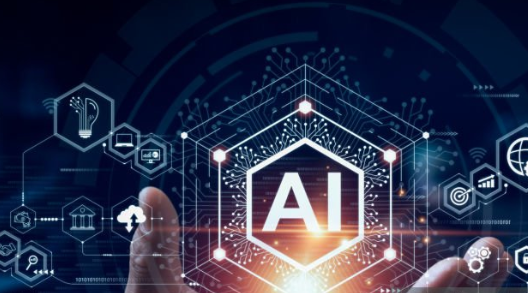East African CEOs believe AI will create more jobs than it removes

Job redundancy is not a primary concern as organisations in East Africa move to implement Generative Artificial Intelligence (Gen AI), acaDespite concerns from employees about potential job losses, industry leaders say the technology will likely drive upskilling and redeployment rather than job cuts.
A recent KPMG report shows that 80 per cent of CEOs in East Africa believe strategic investments in Gen AI over the next three years will not lead to significant job reductions, but will require new skills and resource reallocation. This reflects optimism that Gen AI will enhance human skills, focusing more on upskilling and reskilling initiatives rather than eliminating positions.
However, automation still poses a challenge. The World Economic Forum’s Future of Jobs report estimates that 52 per cent of jobs in Kenya are at risk of automation, which could significantly reshape the workforce.
Many roles may evolve to require new skill sets, while entirely new jobs could emerge. Employees have expressed concerns as industries increasingly turn to AI to boost efficiency and reduce costs.
Yet, most executives in East Africa largely agree that Gen AI’s integration has driven them to rethink employee development, recognising that thriving in this new landscape demands skills beyond traditional competencies.
For Kenya to harness AI’s benefits, a well-prepared workforce is essential, which necessitates building local capacity in AI-focused skills. Experts suggest that this capacity building should start in secondary and tertiary education through expanded Science, Technology, Engineering, and Mathematics (STEM) programs. To prepare for future workforce needs, industry leaders advise African CEOs to support universities in delivering education that equips young people with the necessary skills to excel in an AI-driven economy.
At the KPMG report launch, Equity Bank’s Chief Finance Officer, Moses Nyabanda, highlighted the potential for higher education institutions to lead in Gen AI training. “It’s a green field right now,” he said, stressing the importance of investing in local universities to foster skills relevant to AI across sectors.
He pointed out that Gen AI could support diverse applications, such as design thinking in manufacturing, understanding trends, and enhancing learning environments.
Nyabanda also emphasized that developing the future workforce requires producing graduates with specialized skills, urging CEOs to drive this conversation and create opportunities for young people.
The KPMG report notes that adapting to Gen AI requires evolving training from static, one-time learning sessions to dynamic, ongoing development that enables employees to leverage Gen AI’s full potential.











